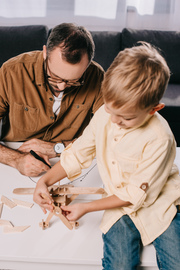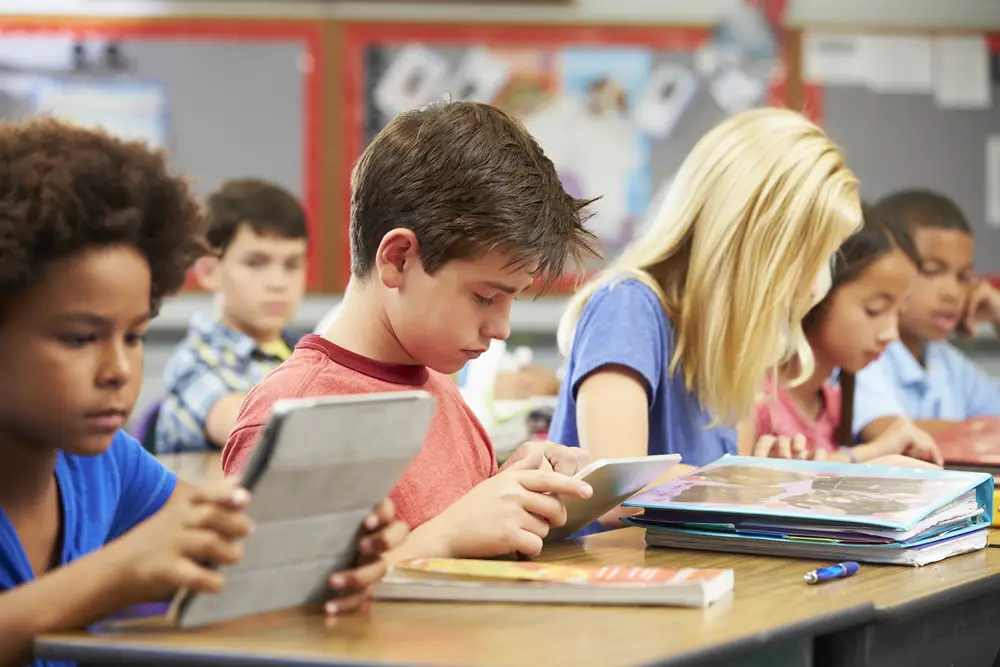Helping Kids Get Better at Their Hobbies
Whether they prefer painting and piano playing or soccer and swimming, hobbies play a pivotal role in a child’s development. They teach invaluable life skills, help kids discover their passions, and can even set the stage for future careers. But how can parents and educators encourage children to excel in their interests?
Whether it’s nurturing a budding artist, honing the skills of a young sports enthusiast, or guiding a future chess grandmaster, these tactics offer a blueprint for helping kids get better at their hobbies.
Understanding the Value of Hobbies
Hobbies offer kids much more than just a way to pass the time. They’re critical in shaping their identity, building self-esteem, and honing a range of skills.
Benefits of Hobbies
Hobbies encourage creativity and problem-solving, foster patience and perseverance, and enhance concentration and focus. Adults must recognize and appreciate the significance of hobbies as leisure activities and integral components of a child’s development.
Nurturing a Supportive Environment
A supportive environment is the bedrock for a child’s success in their hobbies. Give kids the freedom to choose their own interests and the direction they want to take with them. Emphasize the effort and improvements made, not just the end result or performance. Ensuring children have access to the right equipment and resources for their hobbies shows that you take their interests seriously.
Teaching Discipline and Consistency
For a child to improve at their hobby, they must learn the importance of discipline and consistency. Work with the child to set achievable short-term and long-term goals in their chosen hobby. Help them create a consistent practice schedule to ensure they advance regularly. Remember, children learn by example. Demonstrating your commitment to your work or hobbies is a powerful reminder that excellence requires dedication and concentrated effort.
Fostering a Growth Mindset
The concept of a growth mindset has gained significant traction in education, and for a good reason. It shifts the focus from innate talent to the belief that they can develop abilities through dedication and hard work. When giving praise, focus on the effort and strategies the child uses. When kids encounter challenges in their hobbies, help them see these as chances to learn and improve rather than setbacks. For example, help them improve their drawing technique or learn the essential terms every model car collector should know.
Balancing Passion With Realism
While passion is crucial for excellence, you must temper it with a dose of reality. Encourage kids to explore a range of hobbies to find what they’re passionate about. Ensure they understand the time and effort required to excel at a particular hobby. Setting realistic expectations prevents disillusionment and burnout.
The Lifelong Benefits of Hobby Mastery
Whether you’re interested in creating fun videos or have some non-tech-related hobbies to do with your kids, there’s always something new to learn. By implementing these strategies, parents and educators can start helping kids not just get better at their hobbies but truly excel at them. By doing so, you can raise well-rounded individuals who can draw upon the lessons learned in their hobby pursuits throughout life.




